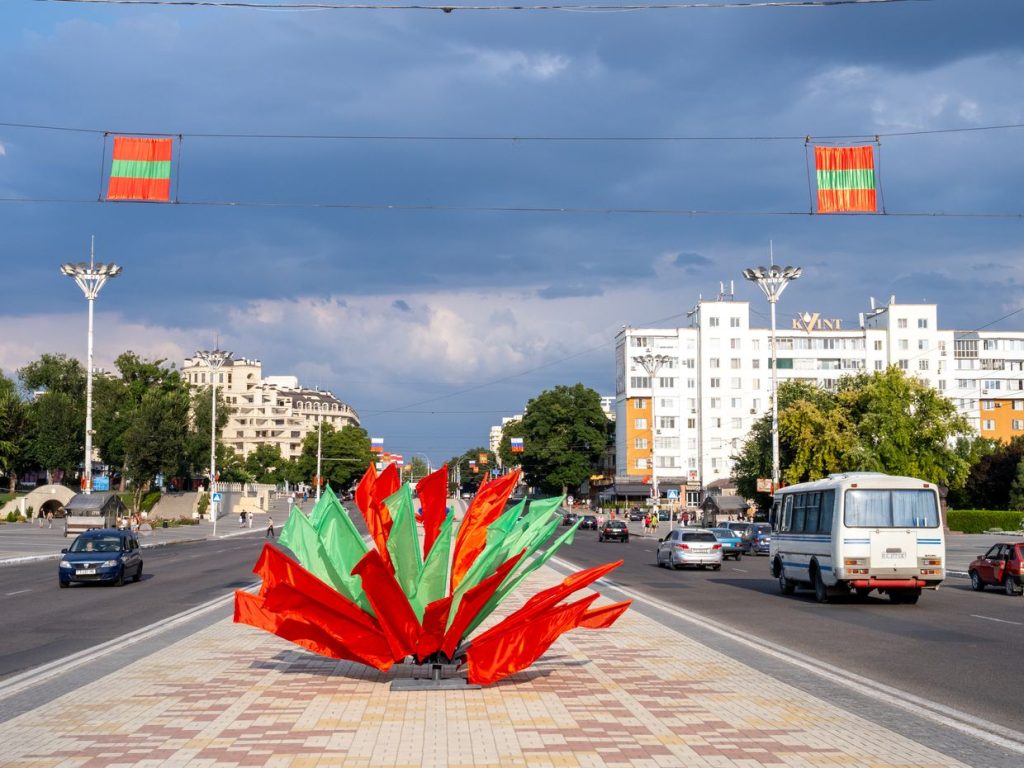The recent halt in Russian gas supplies to Moldova via Ukraine has had severe consequences for the Russian-occupied region of Transnistria. Gazprom, Russia’s state-owned energy giant, suspended gas supplies to Moldova on January 1st due to unpaid debts by Moldovagaz. However, Moldovan officials argue that these debts have not been verified by an international audit. The cessation of gas supplies has left Transnistria without sufficient energy, leading to widespread heating outages and affecting thousands of households.
In response to the crisis, Moldova has offered to assist Transnistria in purchasing gas through European platforms. Moldova’s state-owned energy company, Energocom, plans to import electricity from Romania and Ukraine to address the shortfall caused by Russia’s gas supply halt. With 62% of Moldova’s electricity needs to be met by imports from Romania and 30% from local thermal plants and renewable energy, the country is taking steps to mitigate the impact of the gas supply disruption. Energocom also plans to import surplus electricity from Ukraine’s state nuclear operator during off-peak hours.
Moldovan Prime Minister Dorin Recean has criticized Russia for using energy as a “political weapon” and expressed concerns about the Kremlin’s attempts to destabilize the region. As a candidate for EU membership by 2030, Moldova has heightened security efforts in response to the regional security threats it faces. Russian troops have occupied Transnistria since the early 1990s, under the pretext of protecting ethnic Russians. Pro-Western President Maia Sandu has accused Russia of attempting to destabilize her government, especially in the face of growing tensions following Russia’s invasion of Ukraine.
The halt in Russian gas transit through Ukraine has also impacted Europe, with Ukrainian Foreign Minister Sybiha noting that Russia has lost a key leverage over the continent. Ukraine terminated Russian natural gas transit through its territory on January 1st, further impacting the region’s energy dynamics. The move highlights the geopolitical complexities related to energy security and the influence of Russian gas supplies on European nations. As countries across Europe work to reduce their dependency on Russian gas, the region faces challenges in balancing energy needs and geopolitical considerations. The situation underscores the need for diversified energy sources and the importance of regional cooperation in ensuring energy security.


